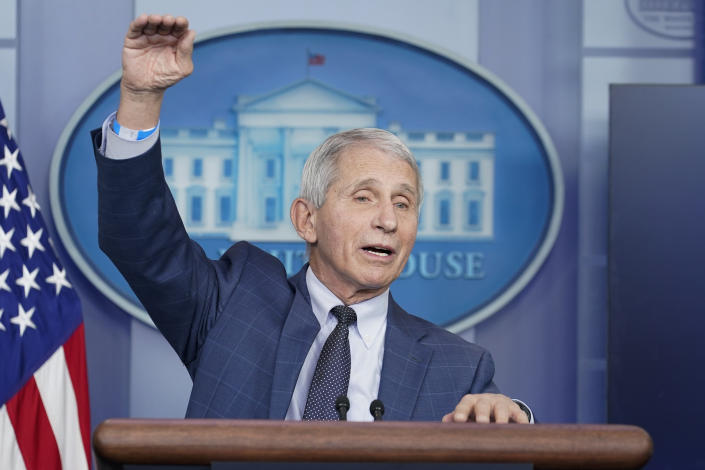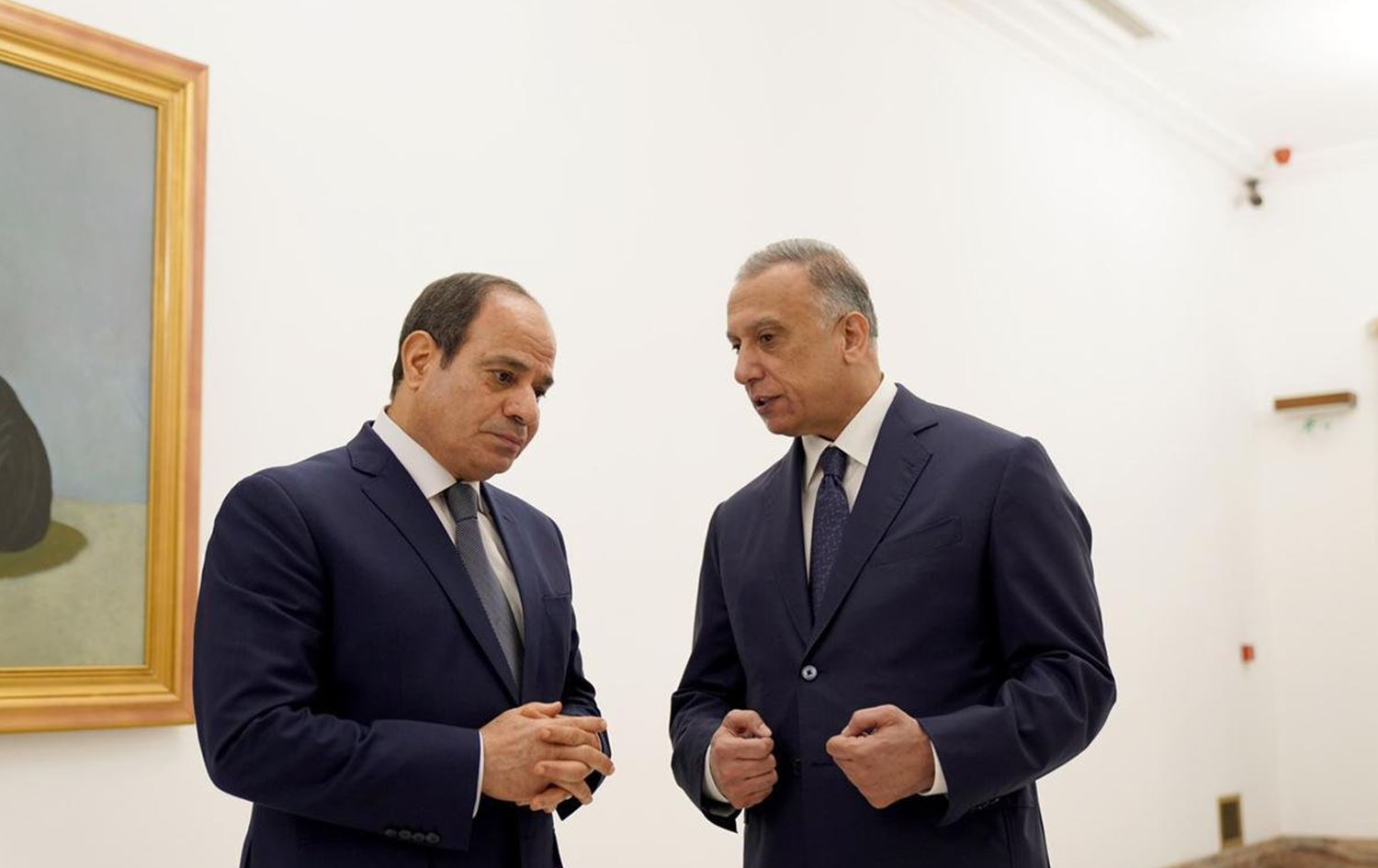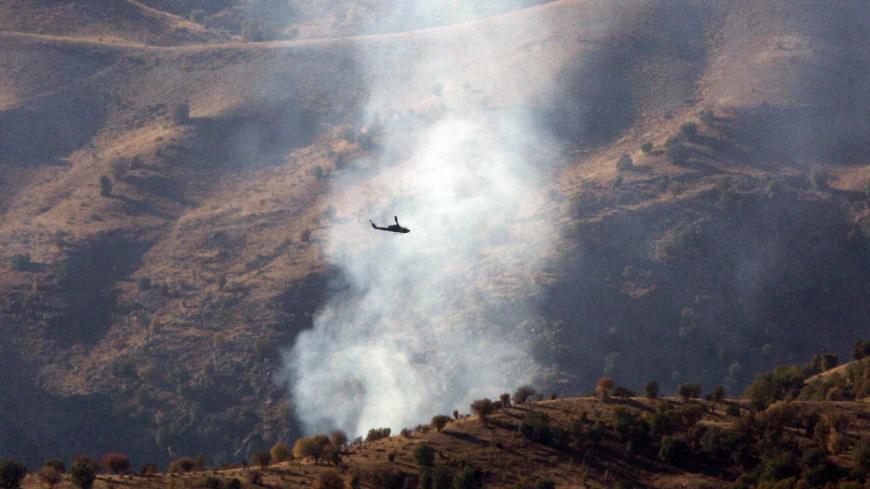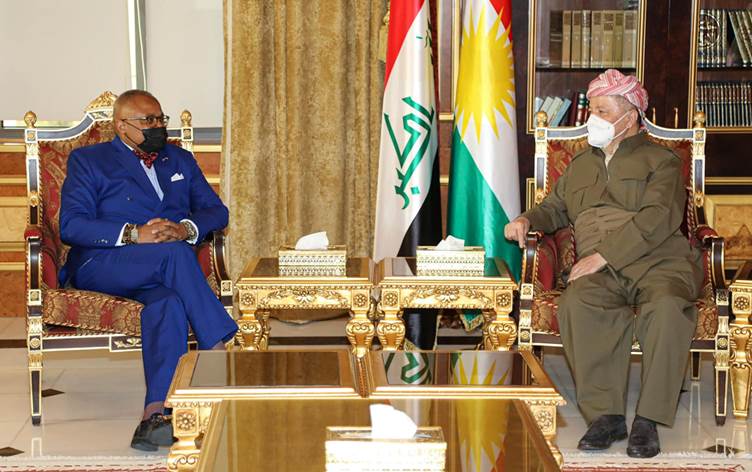Shkoi Kurdistan-
The tea was hot. The room, oppressive and dusty. And the Taliban commander I sat across from in a bullet-scarred building in southern Afghanistan had tried to kill me a little over a decade ago.
As I had tried to kill him.
We both remember that morning well: Feb. 13, 2010, Marjah district, Helmand province. We were about the same age: 22. It was very cold.
Mullah Abdul Rahim Gulab was part of a group of Taliban fighters trying to defend the district from the thousands of U.S., coalition and Afghan troops sent to seize what at the time was an important Taliban stronghold. He did not know it when we recently met, but I was a corporal in a company of Marines that his fighters attacked that winter morning so many years ago.
With the insurgents’ victory in that 20-year war secured this summer, Gulab, now a high-level commander, was sitting with me in Marjah’s government headquarters, a mess of a building the Americans had refurbished years ago. I was his guest, along with two of my colleagues from The New York Times. I told him that the fight for Marjah had been important in the eyes of the United States but that most people had heard only one version of the story of the battle. Not the Taliban perspective.
It was 2010, and the Taliban were once again becoming a potent military force, threatening nearly every part of Afghanistan. In Marjah, the insurgents were taxing local residents, administering cruel and quick justice, and taking in a significant amount of income from the poppy harvest.
Operation Moshtarak, as the U.S. military called the 2010 mission to seize the district, was the first set-piece battle of President Barack Obama’s counterinsurgency troop surge, which failed.
Eleven years later, Gulab and I still remember the call to prayer that February morning in the village of Koru Chareh, a hamlet set amid half-flooded poppy fields, not far from the center of Marjah. The surrounding trees, leafless, looked like dead outstretched hands.




